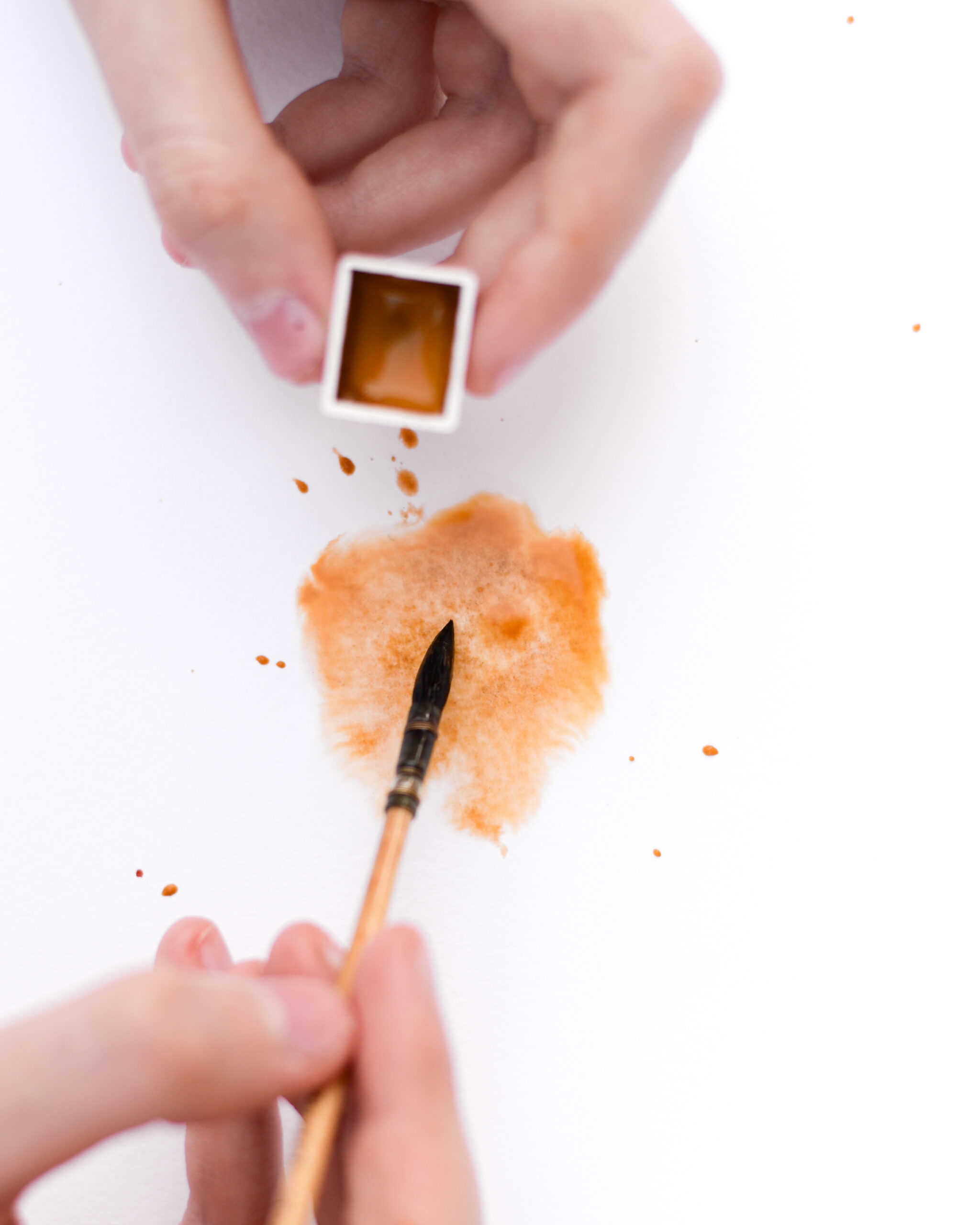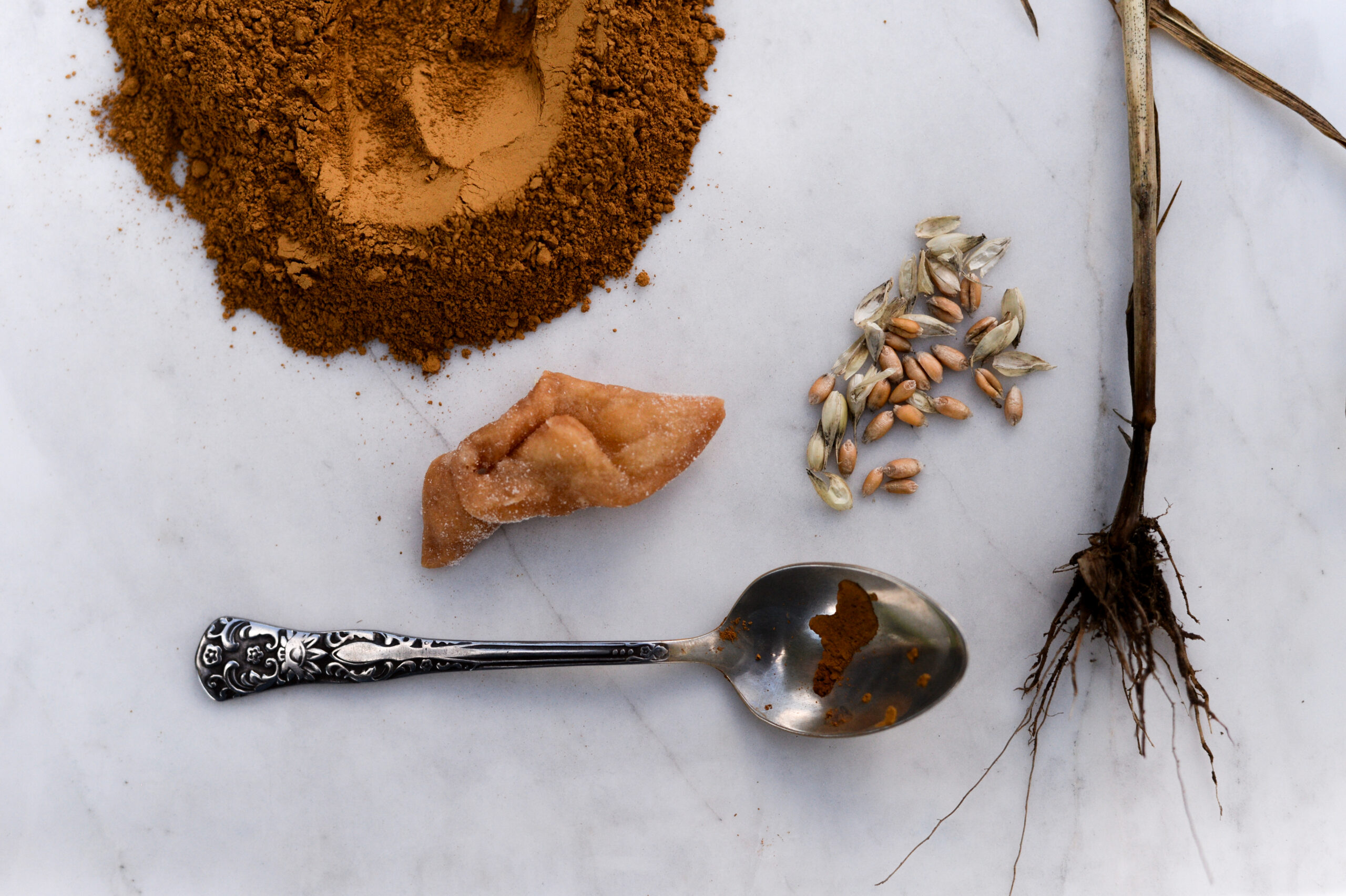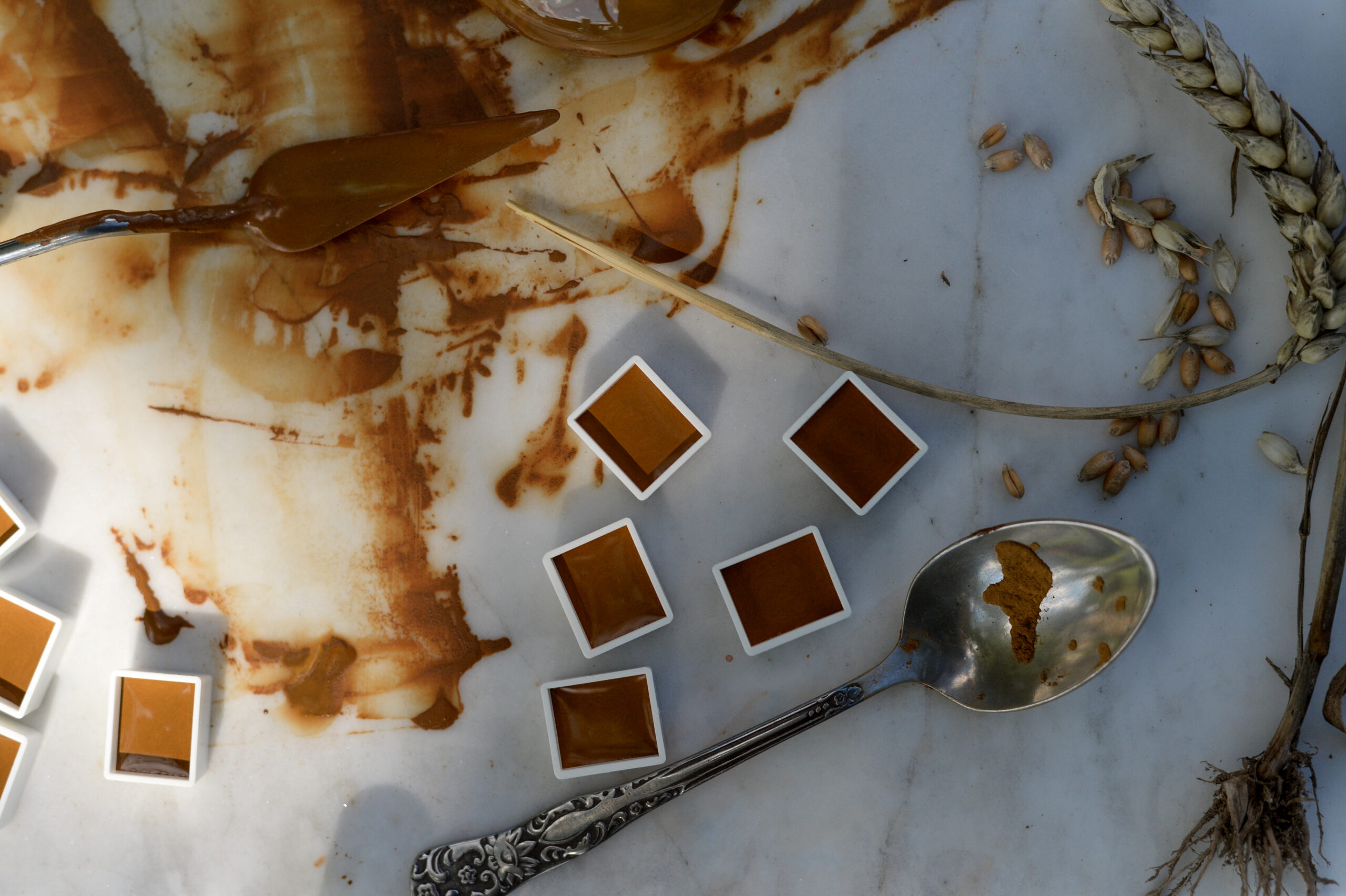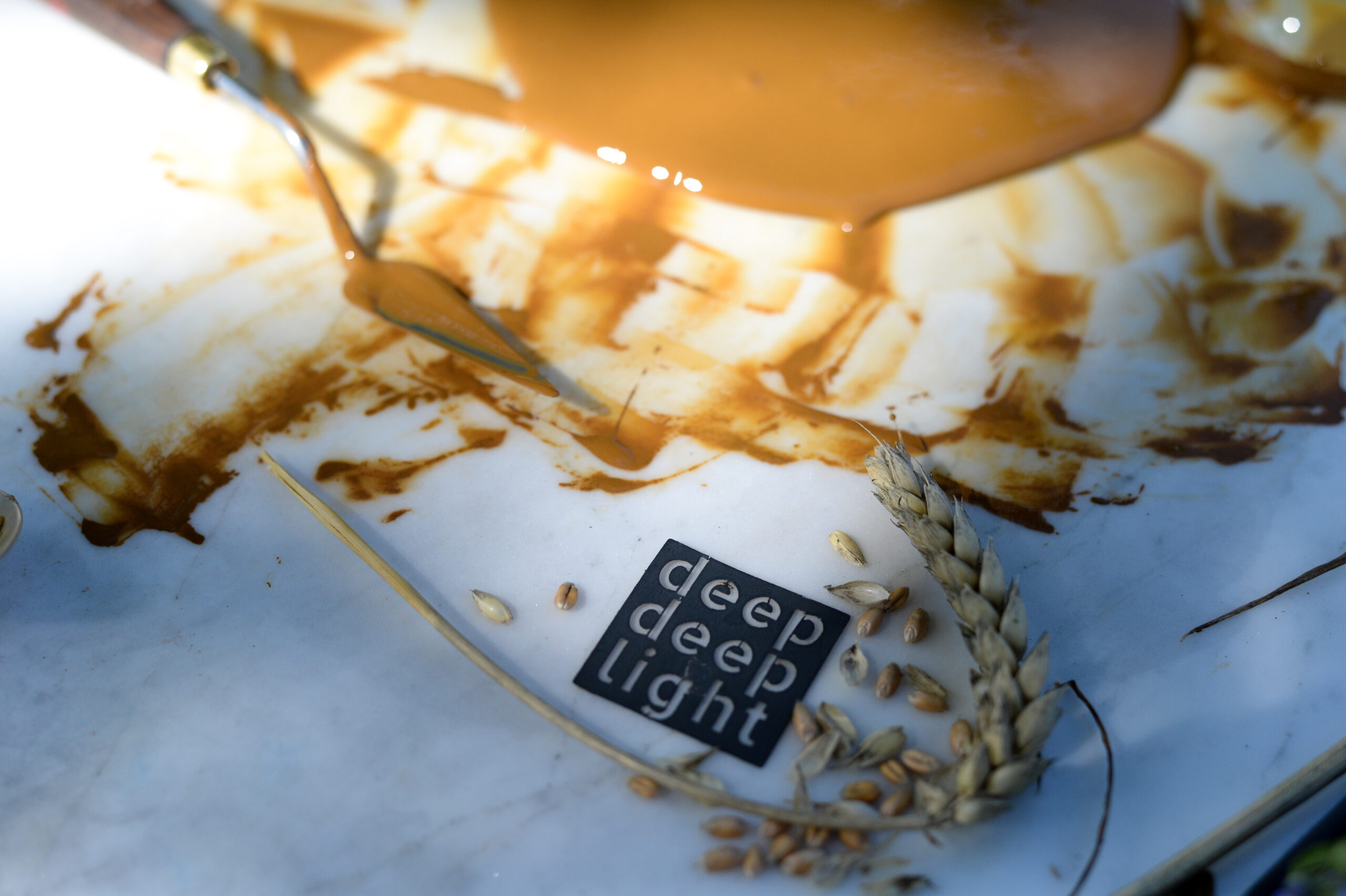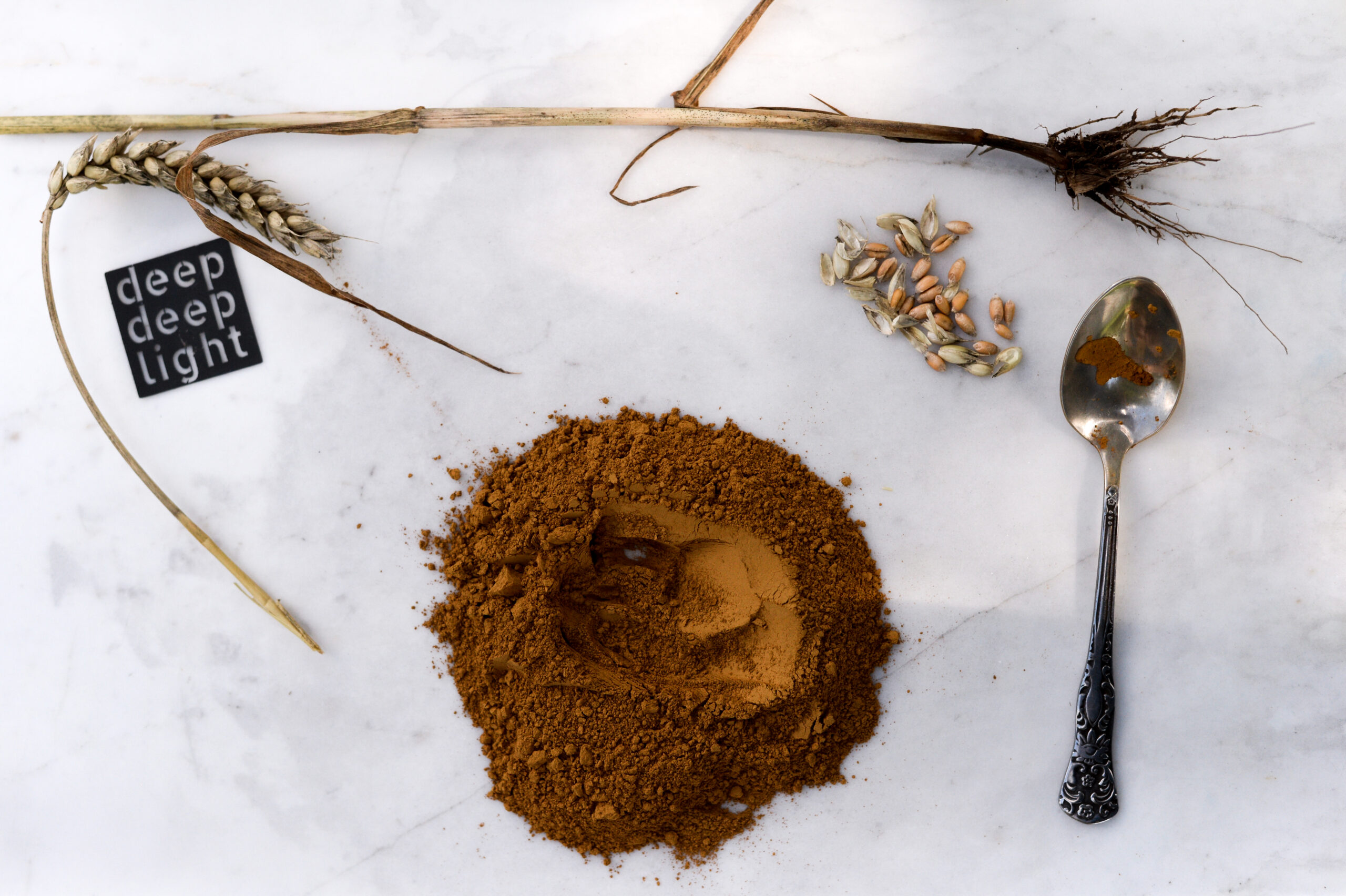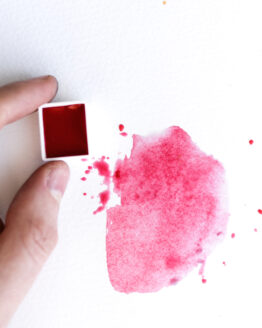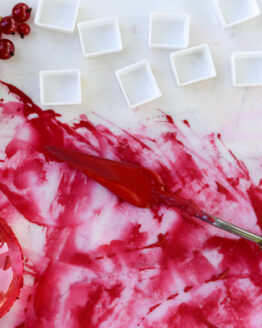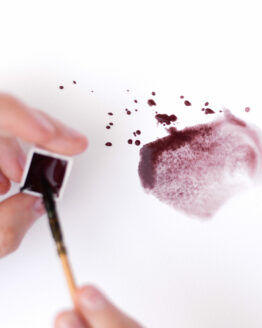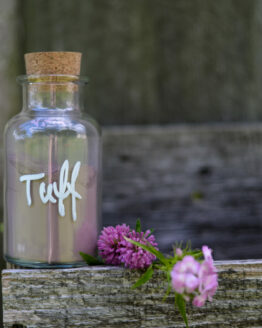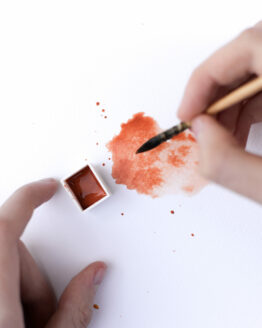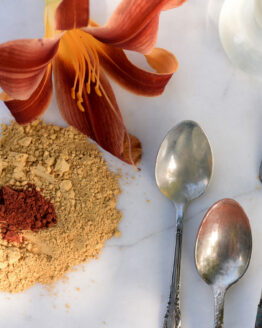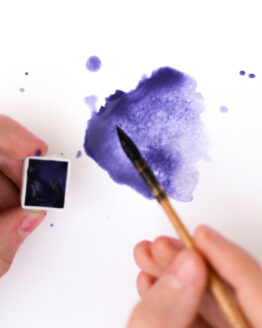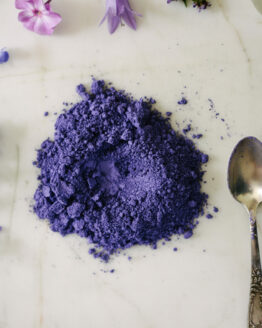Description
Natural Raw Sienna. Pigment number PY43, single pigment half-pan watercolor. Fits in all palettes designed for half-pans.
Since the Renaissance, I have been one of the brown pigments most widely used by artists, but I met some cave artists as well. And many in between. My favourite place on this planet is in Italy, and I gon my name Sienna from the Italian ‘terra di Siena,’ meaning “earth of Siena.” Siena, a small city in the region of Italy known as Tuscany, also used to manufacture the pigment. You can find me also in France and Germany, but that is another story. I have dear friends with big names like Raphaels, Edvard Munch, Georges Seurant un Rembrant. Check out our adventures by googling “Sistine Madona” (1512), “Madonna” (1894), “La Grande Jatte” and look for brown. Its me.
Sienna is a clay containing iron oxide, called limonite, which in its natural state has a yellowish color. In addition to iron oxide, natural or raw sienna also contains about five percent of manganese oxide, which makes it darker than ochre. The pigment sienna was known and used, in its natural form, by the ancient Romans. During the Renaissance, it was noted by the most widely read author about painting techniques, Giorgio Vasari, under the name terra rossa. It became, along with umber and yellow ochre, one of the standard browns used by artists from the 16th to 19th centuries.
By the 1940s, the traditional sources in Italy were nearly exhausted. Much of today’s sienna production is carried out in the Italian islands of Sardinia and Sicily, while other major deposits are found in the Appalachian Mountains, where it is often found alongside the region’s iron deposits. It is also still produced in the French Ardennes, in the small town of Bonne Fontaine near Ecordal.
Our raw sienna pigment is naturally granulating – dark parts of iron oxide settle and light yellow clay particles flow creating earthy and natural paint.
Semi-transparent, granulating brownish-yellow pigment. Mixes nicely with other natural and human-made pigments. For best performance add a few drops of water some minutes before starting to work with it. It will reactivate the pigment and will be more fluid.
All our watercolors are handmade from pigment or pigment mixes, binders, and essential oils as conservative. Binder is made by ourselves from gum arabic, natural honey, and water. Our watercolors have a flowery scent, with lemongrass as top note and sandalwood in the base note.
